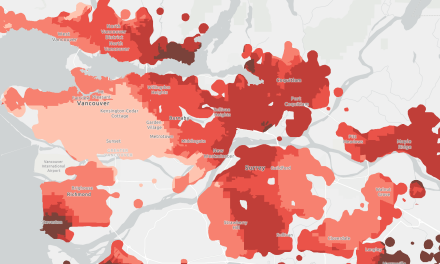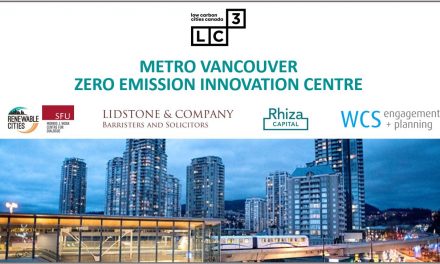Vancouverites are digging their heels in, or rather, their wheels in.
It’s been a few short days since the City of Vancouver began engaging the public to receive feedback on plans for a city-wide parking permit.
First, a few details about the program.
The proposed permit cost for most people would be around $45 per year. It’s designed to do two things, first to increase revenue for the city that will support further climate action initiatives. And two, it’s designed to incentivize more eco-friendly transportation options and fewer cars.
What is it doing so far? Well if you look at Twitter, apparently it’s making people upset.
Although, in classic Twitter fashion, many of the responses are ill-informed, gut reactions to a “tax increase to fund the mayor and pass it off as climate action” – or something of the sort.
The poll above from Lynda Steele shows 68% of these people polled were opposed to the poll, while 23% were good with it. Of course, this example above isn’t an official poll, and I’m not naive enough to think that Twitter is representative of the population, but the initial numbers and comments don’t seem very positive.
The points of debate range from issues of financial inequality, accessibility to transit, and the cost of management. While those excited for the program appreciate the idea of getting broken down minivans and boats off public roads.
This can be contrasted with some optimistic Vancouverites that are excited at the incentive to finally clean out their garage which could be an interesting side-effect of a program like this. Although, If you live where street parking is the only option, it could be seen as unfair to charge them the same for a permit as those who have a garage that’s filled with unused lawn furniture and boxes of boxes.
Another perspective on the issue is the fact that public spaces cost money to build, maintain, and use. It’s paid for in taxes, and this program could more adequately source the funding from those who are using it. However, with the funds being allocated for climate action, that conversation get’s a little more complex.
What do you think? How should a Vancouver-wide parking permit best be implemented? Do you think it would be an effective climate action?
Be sure to voice your opinion in the survey.











